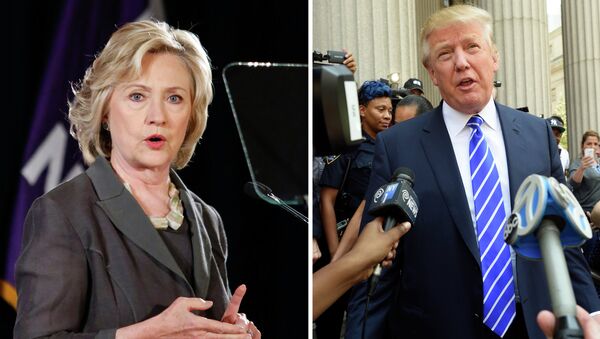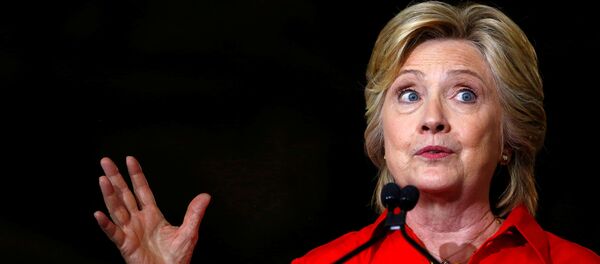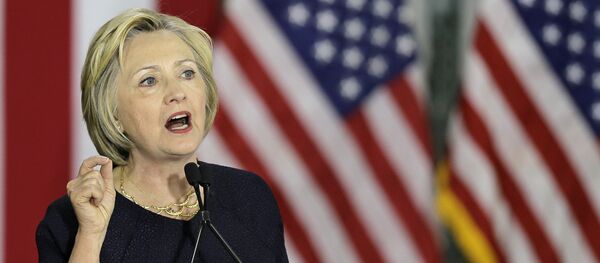Epstein claimed in an article published by Politico last year that "America’s next president could be eased into office not just by TV ads or speeches, but by Google’s secret decision. And no one except for me, and perhaps a few other obscure researchers, would know how this was accomplished."
Epstein claims that, through the use of what he terms the "Search Engine Manipulation Effect" (SEME), tech companies that endorse particular candidates, in the same way, that Google publicly endorses Clinton, can impact elections unbeknownst to the public
"We found that if one political candidate is favoured in Google’s search ranking, that very quickly shifts the voting preferences of undecided voters toward that candidate. We thought it would be a tiny shift, but as Mr Trump would say it is a ‘huge’ shift," he said, adding that Google has the power to sway potential voters "literally by the millions."
Epstein explained that Google’s assumed legitimacy inclines users to think that their search results are unbiased, when that is not necessarily the case.
"We’re talking about big, big effects on undecided voters because people trust Google so much, and because people assume, mistakenly, that what they’re seeing on screen is being determined by an impartial or objective search algorithm and that is simply not true."
Loud & Clear host Brian Becker asked how Google biases searches, noting that "there’s an assumption of neutrality," and, "the assumption of integrity."
"Google edits its search suggestions in a way that they say prevents negative searches from occuring when you’re searching people," he said, adding that "even the FTC in the Unites States has found that Google slants what it shows people in a way that serves the company."
"There’s nothing illegal about that," he pointed out, "so we shouldn’t be shocked by it. Ethically, morally, we might note that it’s a threat to a free and fair election, but it’s not illegal."
Epstein described a "revolving door" between Google and the White House, pointing out that 250 top executives have swapped positions between the company and the Obama Administration over the last seven years. He said that if Hillary Clinton becomes president, "there’s no question that that collaboration is going to continue or become closer…I think it’s something we should worry about. There needs to be a separation between government and industry."
The scientist suggested that Google’s influence could sway voters in a close race, citing a report he and his researchers published with the National Academy of Science.
"Based on mathematics presented in that report, we now know that Google can control a win margin anywhere between 3.8 percent and 15.1 percent, so if you’re talking about a close election, Google has enormous power over close elections. In fact, we estimate that Google would be able to shift somewhere between 2.6 and 10.2 million votes, without anyone knowing they’re doing it and without leaving a paper trail."




